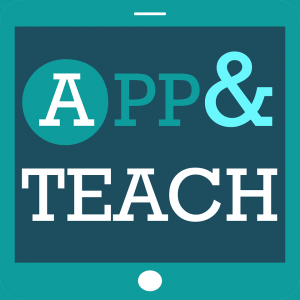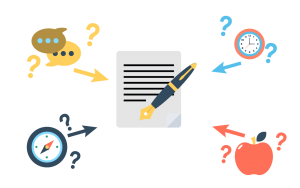Within the App & Teach project, content development is ongoing across all partners. As INQS is developing content around Competence Unit 4 – “Monitoring supporting and evaluating the apprentice’s learning process”, we thought that we would share some of the developed content which is aimed at supporting Apprenticeship placement:
The aim of a learning contract is to identify the stakeholders involved in an apprenticeship learning process and what the responsibility of each stakeholder group is in order to make the learning process as successful as possible (according to themselves and according to each other). Based on this information, you can then agree between all your stakeholders what the responsibility of each party is (e.g.: apprentices must learn basic information by themselves, teachers must show them how to deal with real- world scenarios, etc.).
This provides clear guidelines and information to all stakeholder groups on what each group should do to make the apprenticeship learning process successful. The results of the learning contract are also useful for evaluation purposes – to provide an indication of whether the identified approaches worked well or poorly and to help improve future iterations of the apprenticeship learning process. Conducting the process of developing a learning contract is best done early on in the apprenticeship, or even before the apprenticeship begins.
The learning contract is useful for a number of reasons:
1) It provides a breakdown of stakeholders’ expectations and motivations for the apprenticeship learning process
2) It identifies what all stakeholders feel is necessary for themselves, and for other stakeholders to do, in order to make the apprenticeship learning process successful.The learning Contract can provide a range of benefits:
1) A learning contract can provide a “complete” picture of motivations, perceived requirements, etc for all stakeholders so that you can design, guide and analyse the apprenticeship learning process appropriately
2) A learning contract can provide a clear indication to all participants as what is required of them (and others) in order to make the apprenticeship learning process – so there is a clear agreement (or “contract”) as to what is expected of everyone.
3) A learning contract can help with evaluation and ultimately help improve the apprenticeship learning process by providing guidelines as to whether learners were satisfied with what they accomplished based on how they intended to accomplish it (e.g.: if learners identified that it their responsibility to study facts, principles, concepts outside of their working hours, did they do so? Did this work effectively for them? How could this be done differently in the future?).

For more on the App & Teach project (including the developed European ECVET Curriculum on Management of Apprenticeship Programs for SMEs), please see https://www.appandteach.com/
